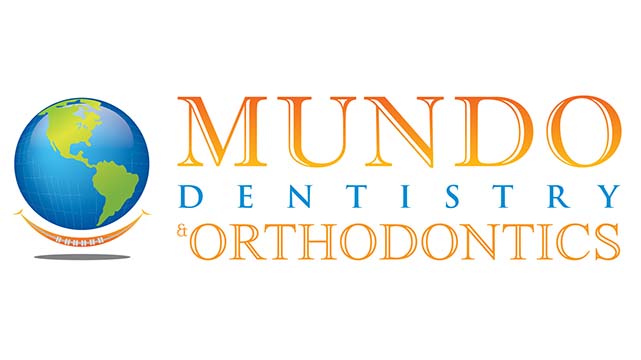Are you considering dental implants for a renewed smile? Understanding post-implant dietary habits can significantly impact the healing process and long-term success. Let’s explore why the exclusion of dairy, the duration before normal eating, and the right foods matter.
After getting dental implants, a proper diet is crucial for healing and the success of your new smile. Discover why certain dietary restrictions, including abstaining from dairy, are advised, and learn how to navigate the early stages of eating comfortably.
Why No Dairy After Dental Implants?
Understanding the rationale behind avoiding dairy post-implant is essential. While dairy is nutritious, its consistency and properties might interfere with the initial healing process, possibly leading to complications, for example:
- Risk of Infection: Dairy products can contain bacteria that might lead to infections around the implant site during the initial healing phase.
- Disruption of Healing: The consistency of dairy products, particularly milk, could interfere with the formation of blood clots and hinder the natural healing process.
- Acidic Content: Some dairy, especially certain cheeses, can have higher acid levels, potentially causing irritation or discomfort to the implant area.
- Potential Dislodgment: Thick or sticky dairy products might pose a risk of dislodging the implants or affecting the stability of the healing process.
- Calcium and Mineral Interference: Although dairy is rich in calcium, in some cases, the mineral content could hinder the body’s absorption of other crucial minerals necessary for optimal healing after dental implant surgery.
How Long After Dental Implants Can I Eat Normally?
After dental implant surgery, patience is key to a successful recovery. Generally, it’s recommended to follow a soft or liquid diet for the first few days to allow the implant site to heal without disruption.
As the initial healing progresses, typically within the first week, you can gradually introduce more solid foods. Typically, a return to a normal diet with various foods can happen within 2-6 weeks, depending on how well your implants are healing and how comfortable you feel.
Always prioritize comfort and avoid any foods that cause discomfort or irritation to the implant area. If uncertain, consulting your dentist for personalized guidance is highly recommended.
Soft foods recommended after Dental Implants
During the early stages, sticking to soft foods can aid healing and reduce discomfort. To illustrate:
- Smoothies: Blended fruits and ice make for a nutritious and easily consumable meal replacement.
- Mashed Potatoes: Creamy and soft, mashed potatoes provide comfort and are easy to eat without much chewing.
- Applesauce: A smooth and gentle option packed with vitamins, ideal for post-implant healing.
- Soup: Opt for broth-based or pureed soups, such as vegetable or chicken soup, for warmth and nourishment.
- Oatmeal or Porridge: Warm and comforting, these can be made soft and easily swallowed.
- Scrambled Eggs: Soft and protein-rich, scrambled eggs can be easily adjusted to desired textures.
- Bananas: A naturally soft and nutritious fruit that’s easy to chew and swallow.
Foods to avoid after Dental Implants
Certain foods can pose challenges during the healing process. In particular:
- Dairy Products: Milk, hard cheeses, and dairy with high consistency might interfere with the healing process and should be avoided initially after dental implant surgery.
- Hard or Crunchy Foods: Avoid hard candies, nuts, popcorn, and raw vegetables that may strain the healing implant area.
- Sticky or Chewy Foods: Steer clear of sticky candies, chewing gum, or taffy that could potentially dislodge the implants.
- Spicy Foods: Highly spiced or hot foods might irritate the surgical site and cause discomfort.
- Acidic Foods and Drinks: Citrus fruits, tomatoes, and acidic beverages can irritate the healing tissues and slow down the recovery process.
- Alcoholic Beverages: Alcohol can interfere with the healing process and may increase the risk of bleeding and complications.
- Carbonated Drinks: Avoid sodas and sparkling water as the carbonation may agitate the surgical area.
- Seeds and Nuts: Small seeds and nuts can get lodged in the surgical site and cause irritation or infection.
- Tough Meats: Avoid tough or chewy meats that might strain the implant area, opt for softer protein sources instead.
Your dental implant journey requires patience and mindful eating. Remember, adhering to dietary recommendations, including avoiding dairy initially, and opting for soft, easy-to-chew foods, can significantly contribute to a successful outcome for your renewed smile.
At Mundo Dentistry, we’re dedicated to making this journey smooth and enjoyable. Our team is here to support you every step of the way. We’re excited to personalize your dental implant experience and help you rediscover your best smile!
Experience Excellence
in Dental Implants!
Rediscover Your Perfect Smile!


